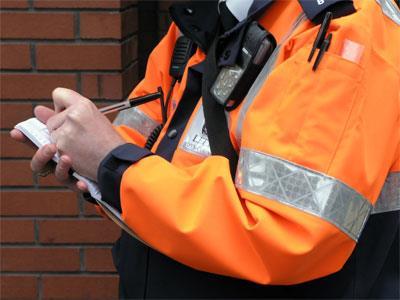
Parking restrictions and the effective enforcement of them remains vital to keep traffic in the UK’s congested cities moving, but all too often operators are forced to accept penalty charge notices (PCNs) as part of the daily grind.

Last autumn the FTA said as much to the Transport Committee as it looked into the issue of local authority parking enforcement, ultimately supporting the MPs' call for a shake up in how the issue is policed.
James Hookham, FTA managing director of policy and communications said last October that parking enforcement strategy needed a major overhaul, as it fails to distinguish between ‘parking provision’ for private cars and economic necessity of commercial deliveries.
“No operator sets out to deliberately contravene the restrictions on parking, but the lack of adequate provision means that delivery vehicles have little choice but to stop on restricted routes to gain access to adjacent premises, and become ‘easy pickings’ for enforcement officers.
"The law needs to be clarified to distinguish between ‘parking’ and ‘delivery and servicing activity’,” he said.
Government agrees
In today’s government response to the Transport Committee’s call for a shake up, the government concedes that there is “a deep rooted perception that local authorities view parking enforcement as a cash cow”.
Predictably, the government has launched a consultation document to address/nullify much of this criticism (depending on your viewpoint), but on the specific point of the impact enforcement regimes have on business, there’s a glimmer of hope.
The committee in its report last year stated: “It is unacceptable that local authorities set enforcement regimes that effectively force some companies to incur PCNs costing hundreds of thousands of pounds a year for carrying out their business.”
It called for a roundtable discussion with hauliers and council bods alike, and the government appears to be keen.
In its official response the government said: “Finding the right balance between the needs of different road users and the demand for kerb space is essentially a local decision.
“We agree that a roundtable discussion might be useful and the DfT will talk to local authorities and the freight industry to see how this might be organised.”
The Hub hopes of course with ample, free parking for all those attendees too.
- The government also alludes in its response today to out-of-hours-deliveries as being part of the solution to the parking problem. It's something TfL is actively pursuing post-Olympics, but an issue that remains politicised and unpopular amongst the very local authorities that hold the power in regards deliveries and parking enforcement.











